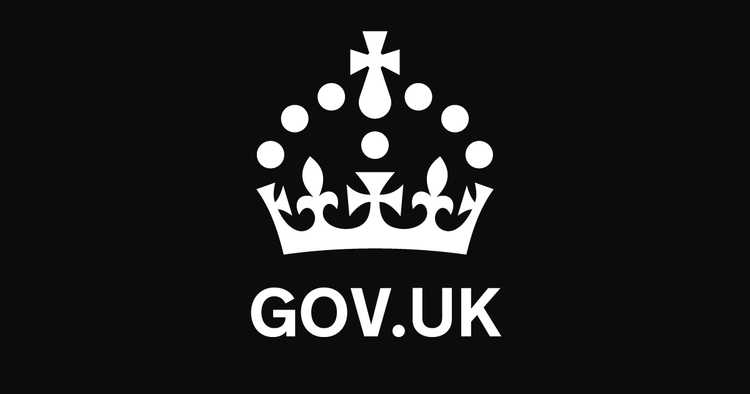Whooping cough cases continue to rise

Today the UK Health Security Agency (UKHSA) released new information indicating a rise in whooping cough cases. The agency's data revealed that March saw 1,319 confirmed cases, which, when added to January and February's totals of 556 and 918 respectively, take the year's total cases to 2,793.
Regrettably, during the initial quarter of 2024 (January to March), there have been five instances of infant fatalities. Young infants are particularly vulnerable to grave complications and the possibility of perishing due to whooping cough. The latest estimates indicating vaccine efficacy during pregnancy have highlighted promising results, showcasing a high level of protection (92%) against infant fatalities.
In the past three months, although the majority of cases (1420 or 50.8%) occurred in individuals aged 15 years or older who generally experience mild symptoms, the incidence of pertussis is still most prevalent among infants who are less than three months old.
The number of people with whooping cough has been increasing in England and other places since December 2023. This is because of a few different reasons. Whooping cough follows a cycle, where the number of cases goes up every few years. The last peak in cases was in 2016. During the pandemic, many illnesses had fewer cases because of restrictions and changes in behavior. But now, it's been a while since the last peak, so there are more cases of whooping cough than usual. Also, because of the pandemic, people's immunity may be lower than normal.
Recently, the usage of vaccinations that prevent whooping cough has decreased all over the nation. This includes both the plan for expectant mothers and the schedule for infants. It is essential to provide vaccines on schedule during pregnancy and infancy as it helps shield vulnerable young babies from severe ailments.
According to UK Health Security Agency's Consultant Epidemiologist, Dr Gayatri Amirthalingam, the following statement has been made:
Getting vaccinated is still the most effective way to protect yourself from whooping cough. It's crucial for pregnant women and newborns to receive their vaccines on schedule.
Expectant mothers can receive a vaccine for whooping cough during each pregnancy, ideally between the 20th and 32nd week. This inoculation provides immunity to the baby while still in the uterus, shielding them from the disease during the critical first few months of life when they are most defenseless. This defensive measure is taken before the baby can receive their own vaccinations.
Every newborn is administered the 6 in 1 vaccination thrice during their infancy, at the ages of 8, 12, and 16 weeks, to safeguard them from critical ailments like whooping cough, diphtheria, and polio. There is also an additional pre-school booster available at three years and four months.
Pertussis, commonly known as whooping cough, has the potential to impact individuals of any age. However, it can cause severe harm to newborn babies. We sympathize and extend our deepest condolences to the families who have unfortunately lost their precious newborn to this illness.
Professor Sir Stephen Powis, the National Medical Director of the NHS, stated:
The number of cases of whooping cough is increasing rapidly throughout the country and it is really saddening to know that five infants have already died due to it. Hence, it is extremely important for families to step forward and avail of the necessary protection against this disease.
If you're expecting a baby and haven't received any vaccinations yet, or if your child is behind on receiving routine vaccinations like whooping cough, it's crucial to reach out to your general practitioner promptly. Moreover, if you or your child start showing any symptoms, request an urgent appointment with your GP or seek assistance from NHS 111.
Pertussis or whooping cough is caused by bacteria and affects the lungs. At the onset of the infection, symptoms may mimic those of the common cold, like having a runny nose and a sore throat. But after a week, coughing attacks that can last for a few minutes usually manifest, and these are more severe at night. Infants may also experience breathing difficulties or make a characteristic 'whoop' sound after coughing fits, although not all babies produce this sound, making it challenging to distinguish whooping cough from other ailments.
If someone in your household gets a diagnosis of a pertussis, it is essential they stay back at home and refrain from attending work, school or childcare until after two days of commencing antibiotics, or if they haven't taken any antibiotics, three weeks from the outset of the signs. This is to prevent the expansion of contagion, principally among those who are more likely to be vulnerable such as infants. Nonetheless, vaccination continues to be the most effective safeguarding for children and infants.



















































